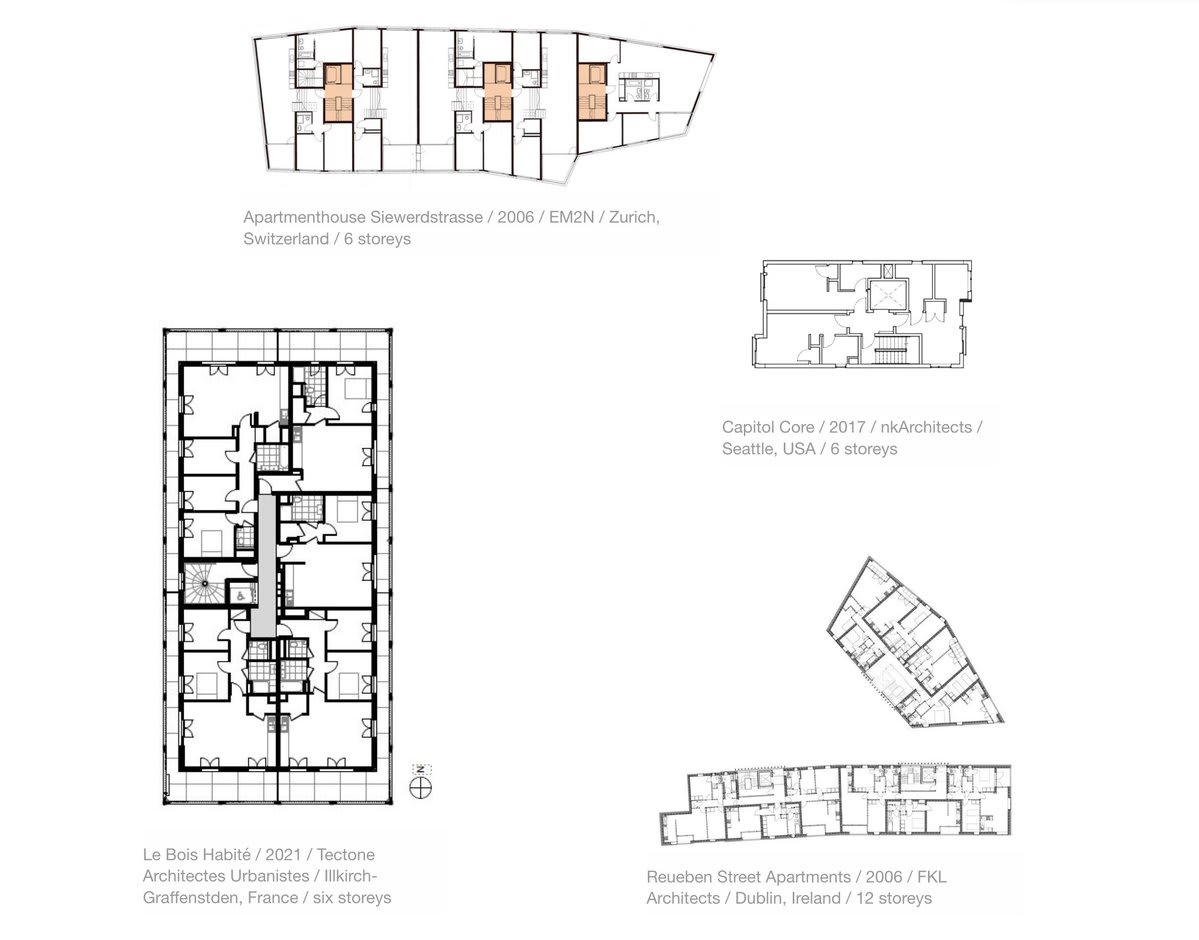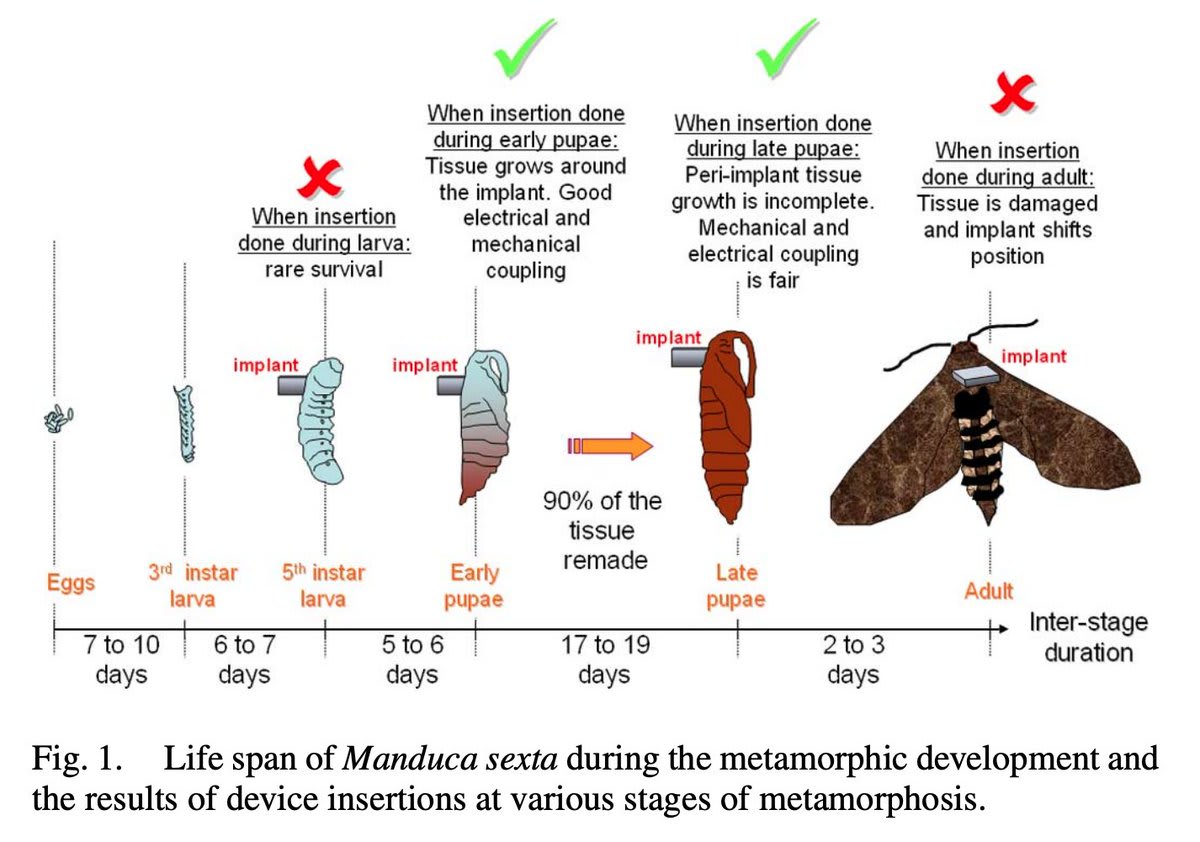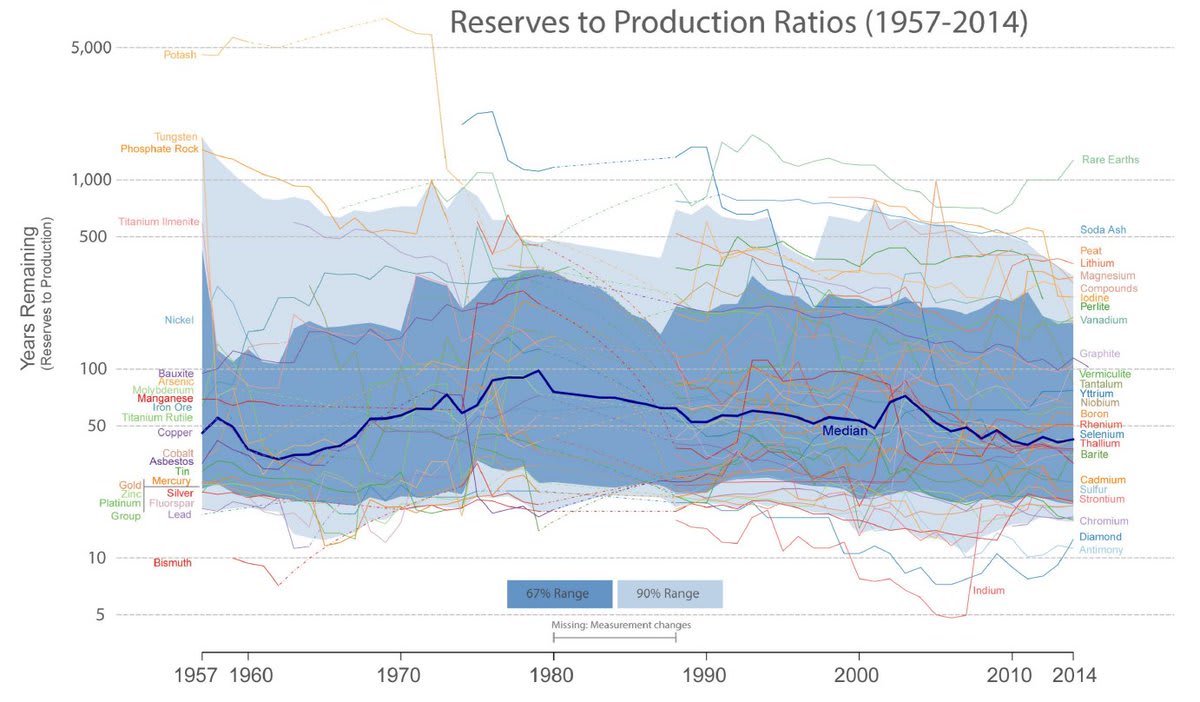Richard Rhodes, illegal floor plans, and cyborg insects
Announcements/opportunities
- Plymouth Street can help top talent get an O-1 or EB-1 visa
- Econ Twitter science fiction summer book club, July 12
Works in Progress Issue 11
- Olivine weathering: “Fixing global warming is a simple matter of applying energy to an unfavorable material situation.” (Related, sulfur stratospheric injection is cheap and easy for solar radiation management)
- Edison as a technical entrepreneur (by @eric_is_weird)
- Also: why Britain is NIMBY, how we solved acid rain, and more in the full issue
Other links
- Richard Rhodes interview by Dwarkesh Patel
- The birth of the electrical grid (by @_brianpotter)
- Anton Howes in the Telegraph on a new Great Exhibition (based on the full essay featured in the last digest)
- The Manual of Illegal Floor Plans
News
- Neuralink receives FDA approval for a human clinical study (via @shivon)
- Oklo announces two more sites for nuclear plants (via @caorilne)
Queries
- Any private companies that hire metascientists to improve their internal processes?
- What is the best history of the climate crisis?
- Why did the open hearth process use external fuel, but Bessemer did not?
- As an economy grows, do zero-sum activities occupy a larger share?
- Before no-fault divorce, how widely did states differ in the “fault”?
- Is there a difference between an “institute” and a “center”?
Quotes
- Extending the number of operations we can perform without thinking about them
- What does rule of law require?
Tweets
- Why I am reluctant to share stories about supposed breakthroughs. E.g., did AI really discover a new antibiotic against resistant bacteria? (Domain experts: yes, but this isn’t actually interesting/important)
- Allen vs. Mokyr on the limiting factor of innovation (excerpted from my recent post)
- I have questions for Bret Devereaux on “Why No Roman Industrial Revolution?”
- RL can’t learn long-horizon tasks with sparse rewards; LLMs can (e.g., in Minecraft)
- Alarmists, accelerationists, and pragmatists on AI (see also my essay on solutionism)
- The “mac” in “tarmac” comes from John L. McAdam, 1756–1836, British surveyor
- We already have a word for “degrowth.” It’s called impoverishment (@paulg)
- Why does it take three years to restore… a carousel?
- Childhood should be serious; your life should be serious
- Cyborg insects




I sure didn't see one! I saw some analysis of the cost of energy used for grinding up rock, with no consideration of other costs. Can you point me to the section with detailed analysis of the costs of mining, crushing, and spreading the rock, or the capital costs of grinders? A detailed analysis would have numbers for these things, not just dismiss them.
OK then.
Digging up and crushing olivine to gravel would be $20-30/ton. We know this from the cost of gravel and the availability of olivine deposits. That alone makes this uneconomical, yet the author just dismisses them as negligible next to the cost of milling. So either the dismissal is wrong, or the milling cost estimation is wrong, or both.
Why is the cost per ton of CO2 lower than the cost per ton of rock, when 1 ton of rock stores much less than 1 ton of CO2?
That's quite a non sequitur! We know what grinding rock to fine powder costs. Use those costs, not the cost of electricity.